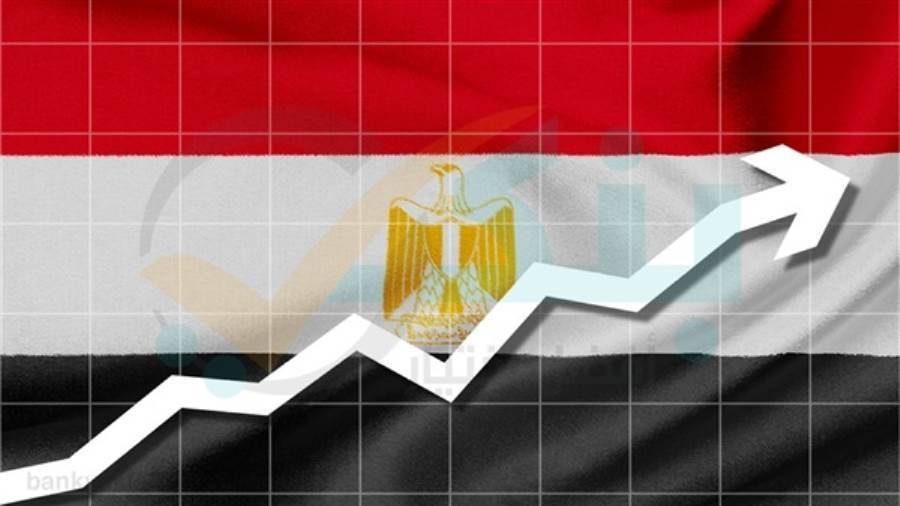Capital Economics: Egypt’s economy continues to recover, supported by stronger pound

The UK-based research firm Capital Economics confirmed that Egypt’s economy is showing clear signs of recovery this year, driven by the appreciation of the Egyptian pound, a rebound in tourism activity, and a notable improvement in the current account balance.

In a recent report, the firm stated that the pound’s 5% appreciation against the US dollar since January 2025, alongside strong export performance and increased foreign exchange inflows, has begun to generate tangible economic benefits. It added that while the decision to float the currency initially created short-term pressures, it has helped lay the groundwork for more sustainable growth and stronger macroeconomic fundamentals.
The report highlighted the performance of Egypt’s manufacturing sector as one of the clearest indicators of recovery, noting that output reached a record high in May, supported by stronger activity in key exporting industries such as textiles and chemicals, which have become more competitive thanks to a weaker real effective exchange rate.
Capital Economics further explained that despite the pound’s recent gains against the dollar, the currency remains close to post-2016 devaluation levels and is still about 25% below early 2024 levels, reinforcing Egypt’s external competitiveness. By contrast, the pound has fallen by around 7% against the euro since the beginning of the year, while remaining steady on a trade-weighted basis.
The report also emphasized the significant improvement in Egypt’s current account, with the deficit narrowing to $13.2 billion in the first nine months of FY2024/2025, including a sharp 69.3% year-on-year decline in the third quarter alone. This improvement was attributed to a surge in workers’ remittances, stronger non-oil exports, and booming tourism revenues.
Tourism revenues reached their highest level in 14 years, rising to the equivalent of 4.6% of GDP in the four quarters to Q1 2025, while total receipts climbed 15.4% year-on-year to $12.5 billion in the first nine months of the fiscal year. Workers’ remittances also hit a seven-year high, equivalent to 9.3% of GDP, supported by improved foreign exchange availability and confidence among Egyptians abroad.
On the other hand, the report noted that Suez Canal revenues remain under pressure due to ongoing disruptions in Red Sea shipping, plunging 54.1% year-on-year to $2.6 billion in the first nine months of the fiscal year.
Capital Economics concluded that these improvements in Egypt’s external accounts are reinforcing macroeconomic stability and paving the way for long-term structural reforms aimed at achieving faster and more sustainable GDP growth. The firm nevertheless flagged a number of external risks, most notably rising global trade tensions and the 10% base tariff imposed by the United States, which could weigh on Egypt’s textile exports given their reliance on the US market. However, the overall impact on the broader economy is expected to remain limited.























